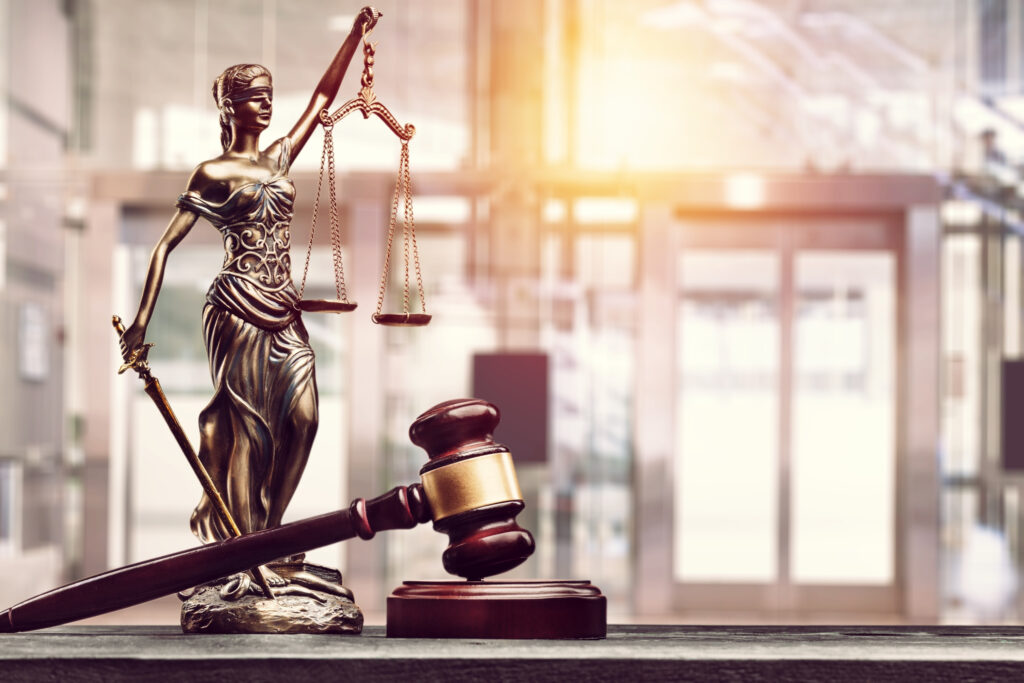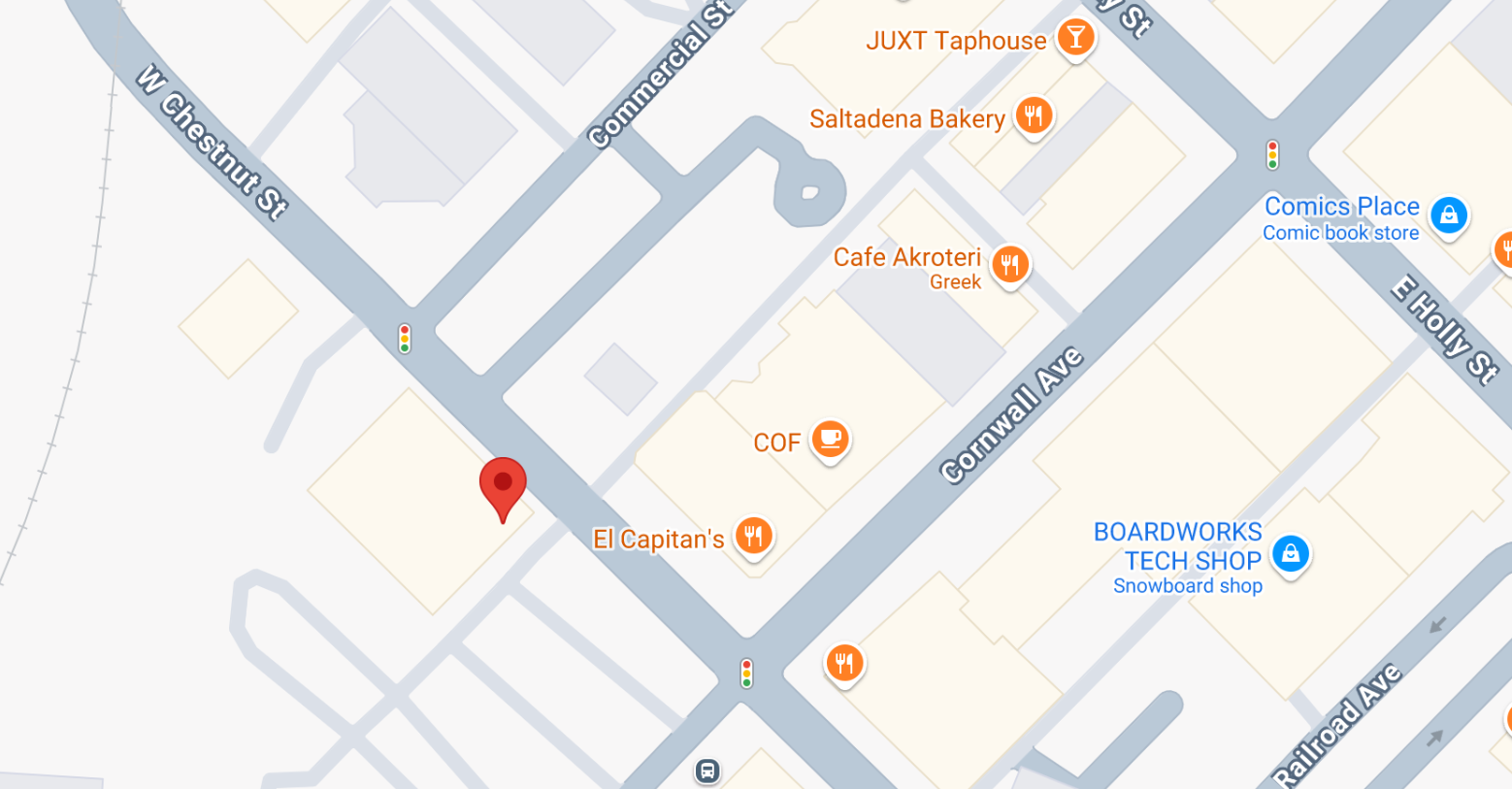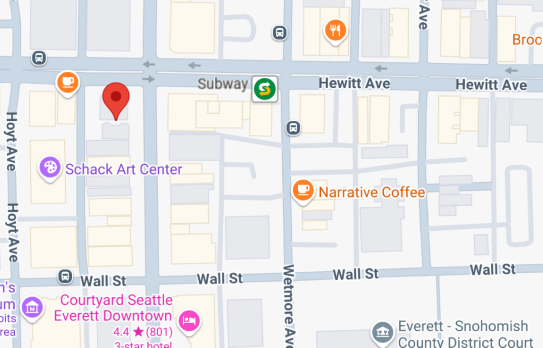So what is Probate? You have heard about probate, but are not quite sure what it is. Probate is a legal process that is sometimes required after a person has died (decedent), in order to settle the decedent’s estate. Much of the detail about how the estate will be settled is contained in the deceased person’s Last Will & Testament. Therefore, another main component of probate is the presentment and subsequent validation (or “proving”) of the decedent’s Will.
What are the steps involved in a Probate?
First, you will want to get the probate case filed in the Court. Probate cases are opened in the Superior Court of any county in the State of Washington. While a person may try to take this important work on themselves, it is generally best to have guidance from a probate attorney for this important legal work.
To begin the probate matter, the proposed Personal Representative may go to Court to present the Will for probate and request the authority of the Personal Representative. Of course, there is a lot more to it than this, but this is the main goal of the opening process – to present the will, get it approved by the court, and get the court’s approval to act as the Personal Representative of the estate.
After the probate case is opened, a simplified overview of settling the decedent’s estate would generally include taking an inventory of the decedent’s assets, paying the bills, handling the taxes (if any), and distributing the remaining property to the heirs or other beneficiaries. There may be many other steps that are necessary, depending on the unique characteristics of each estate. For example, you may have to sell some property, or you may have to settle disagreements among the heirs or other participants.
Personal Representative or Administrator?
Who is the person that starts the probate case if it becomes necessary? If the probate legal process does need to be performed, then someone will need to be appointed to take care of that work on behalf of the decedent’s estate. That person is called the Personal Representative usually. However, sometimes the person may be referred to as the Administrator or Executor.
Hopefully there is a Will. If there is a Will, then the decedent will usually have set out within it a short list of family or friends that the decedent has nominated as the Personal Representative of the estate. So, if there is a Will, things usually proceed a little bit smoother. If the decedent did not leave a Will, then the question of who should be the person appointed as the Administrator of the estate can become a bit more complicated.
Hopefully, you are no longer asking yourself “what is probate?”. Know that you know what it is, you may want to save yourself the trouble and worry of embarking upon this work by yourself by inquiring with a probate lawyer in Mount Vernon. Basically, once the Will is accepted for probate and the Court has granted authority to the Personal Representative, you will be cleared to begin the real work of settling your loved one’s estate.
Visit our probate page to learn more here.



